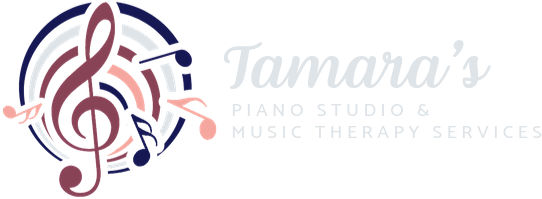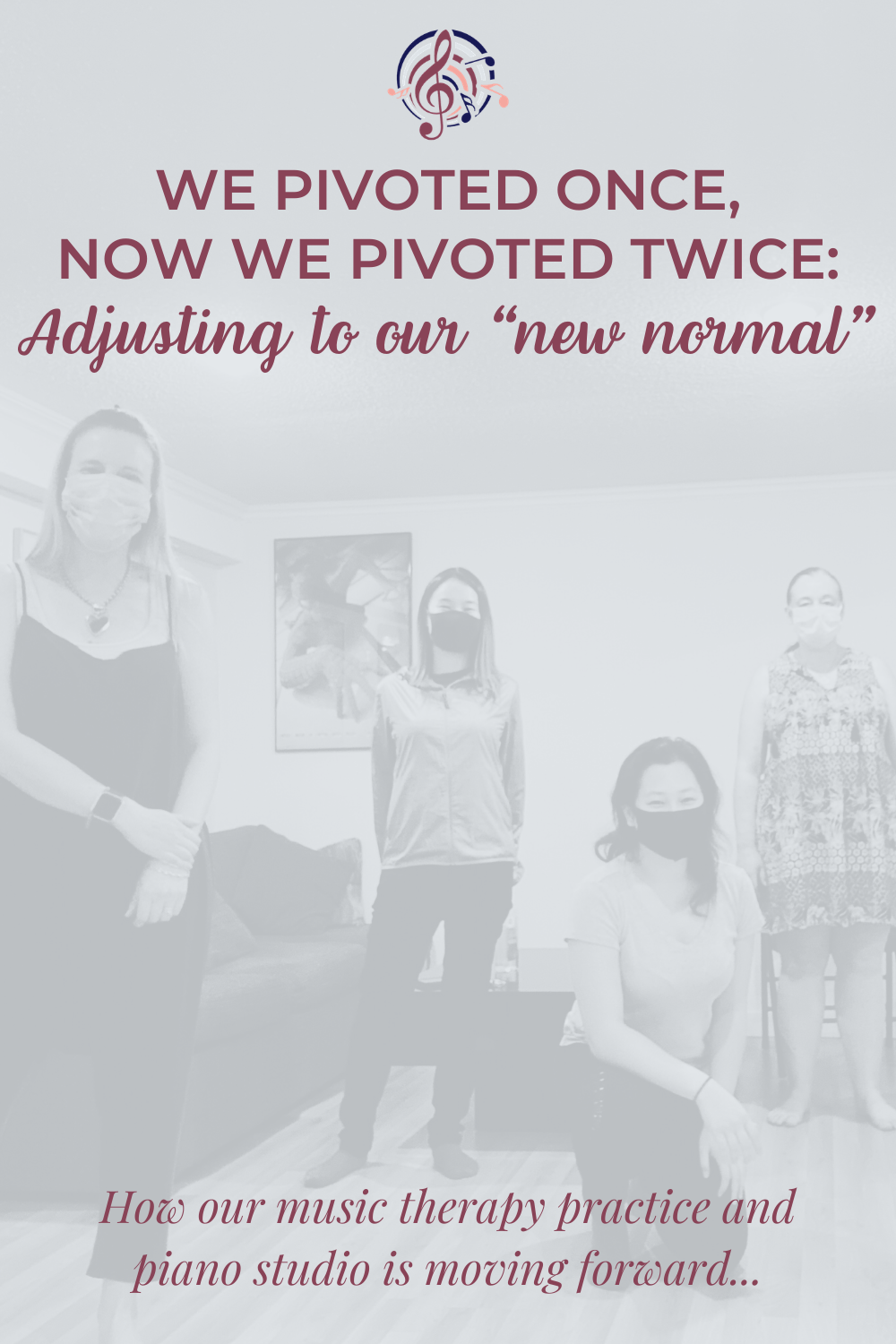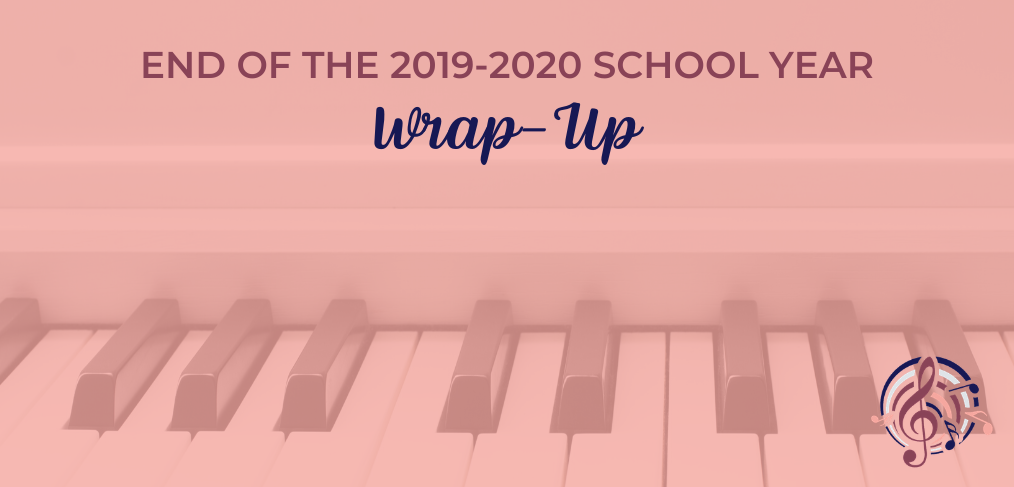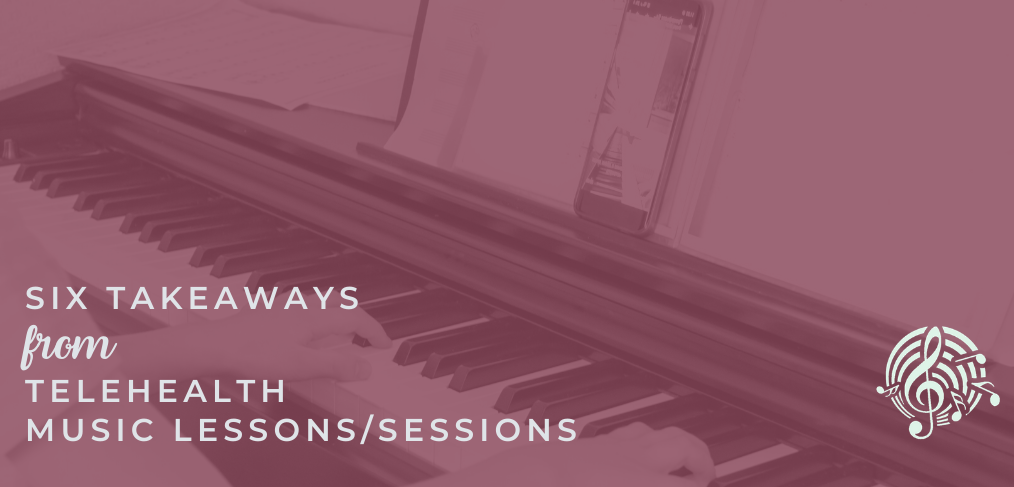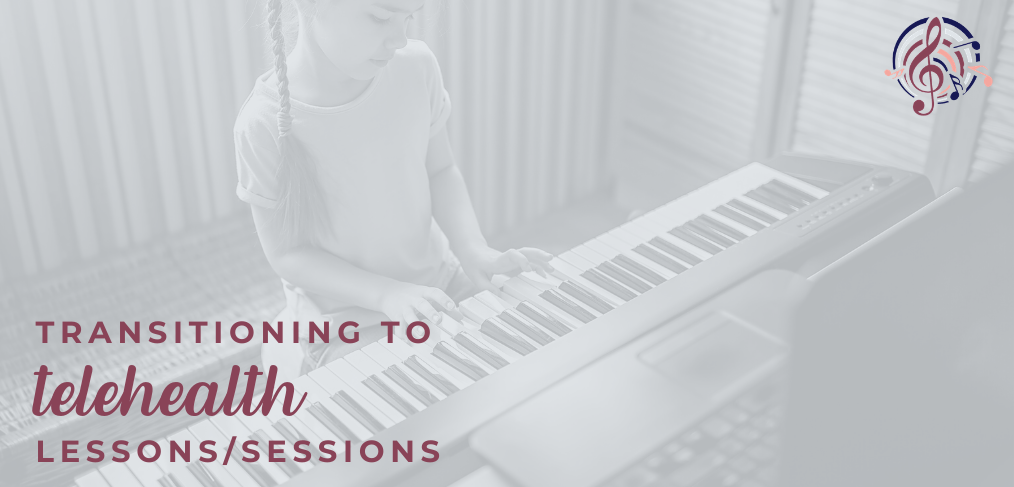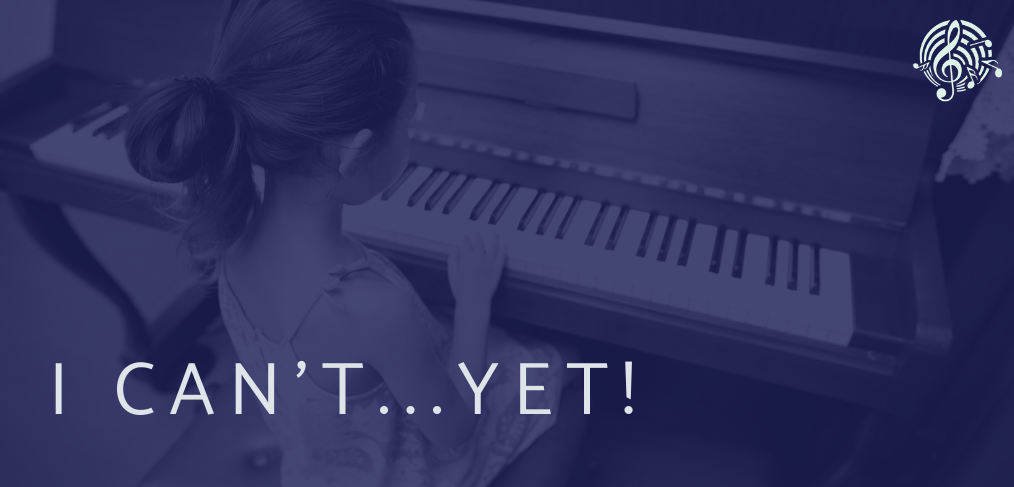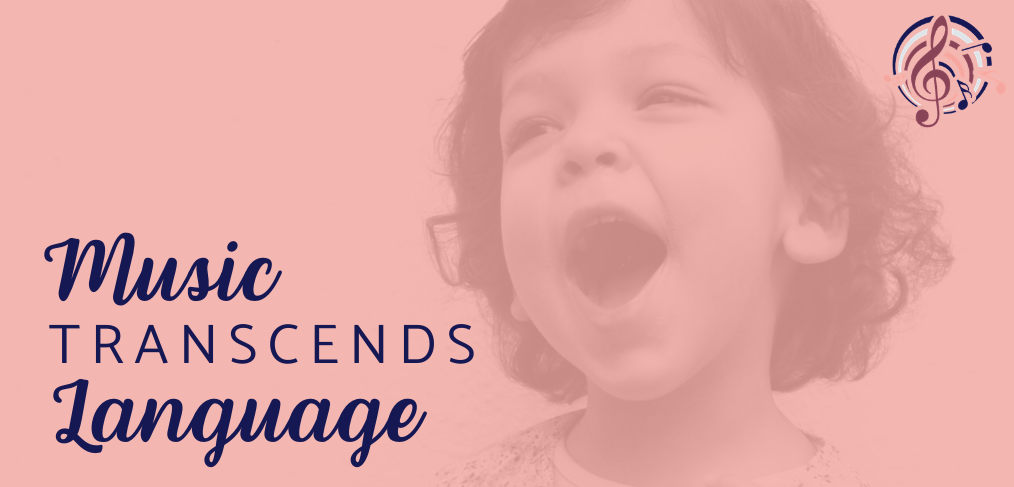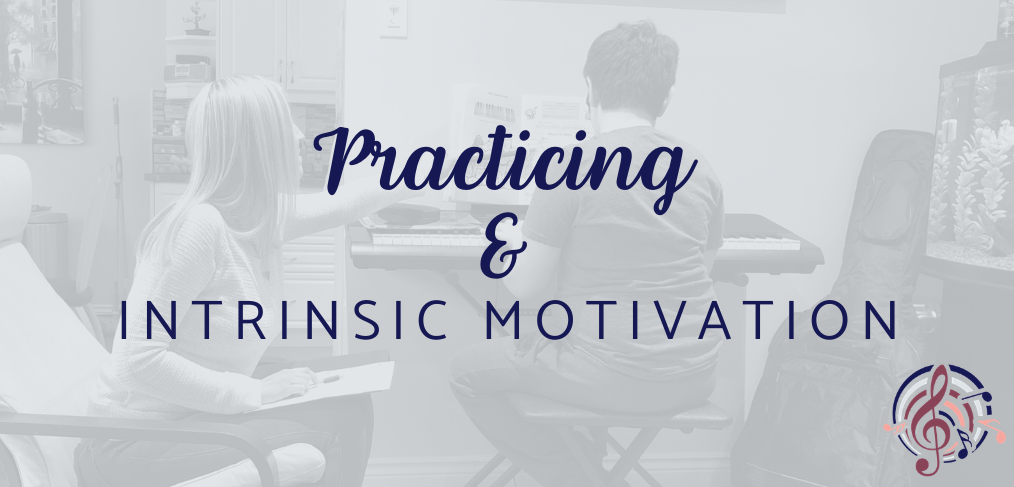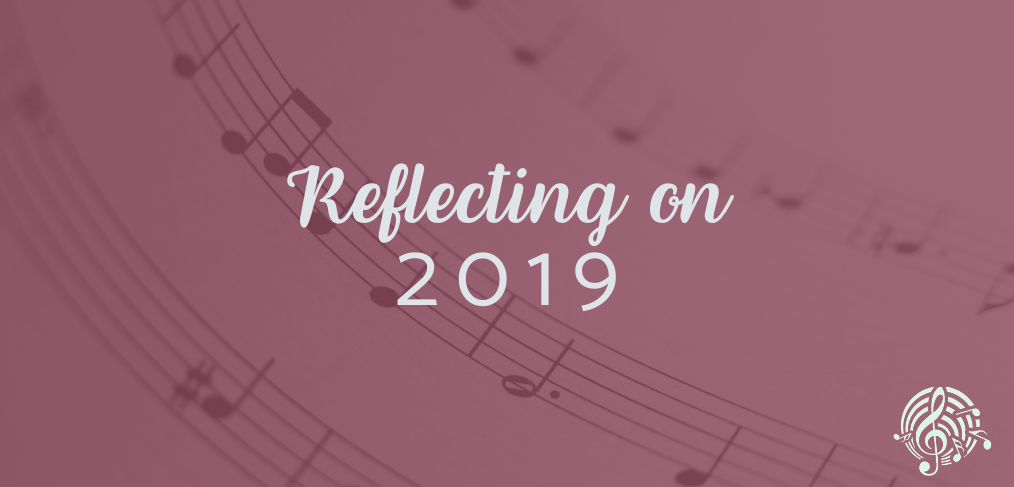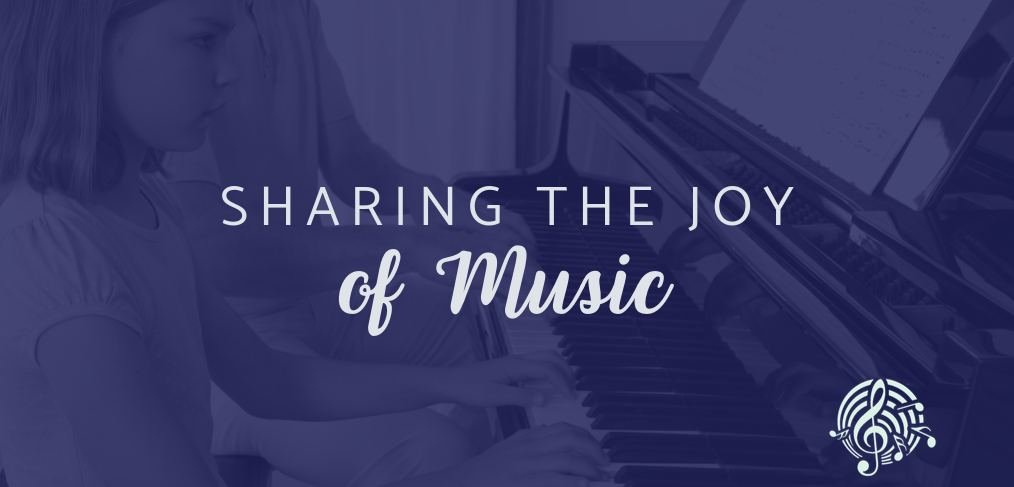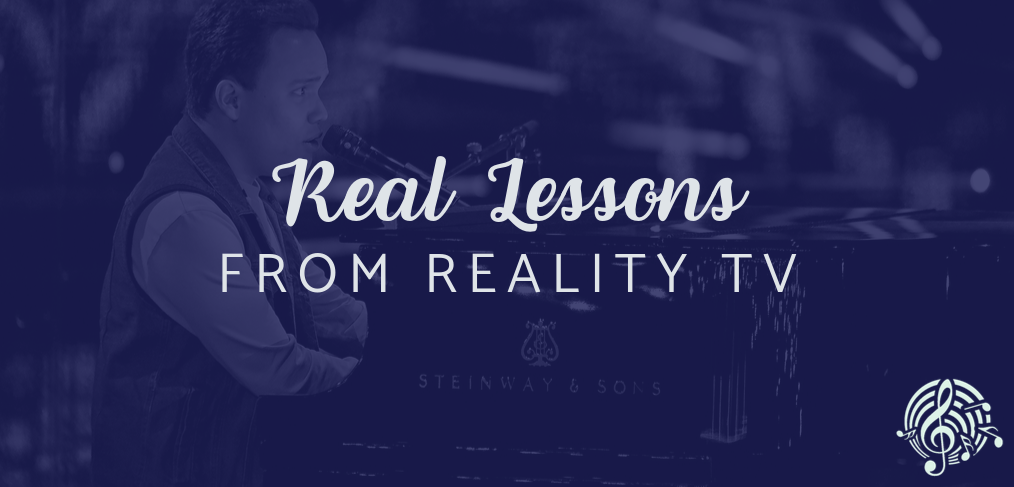Written by Tamara Leszner-Rovet
How our music therapy practice and piano studio is moving forward
As you have seen on the blog over the past few months, we have been discussing our transition to Telehealth (online) lessons/sessions. We have discussed in detail the benefits we have seen, and what we have learned using this new platform to ensure our students/clients maintain a sense of normalcy, routine, and their motivation and progress during this unpredictable time.
Toward the end of May, we were given the go-ahead to begin resuming in-person lessons/sessions with strict health and safety protocols in place, as set out by our regulating college and public health.
This transition was slow, first starting with “urgent” students/clients who for a variety of reasons, could not be seen on Telehealth (online) through this time. About a week later, we were able to begin transitioning all our students/clients who were comfortable back to in-person lessons/sessions.
Very quickly, we needed to pivot again and put clear contingency plans in place to ensure the safety of our teachers/therapists, students/clients, and their families. Here are some examples of the health and safety measures that are now a part of our “new normal”:
Frequent hand sanitizing and hand washing:
Whether we are seeing students/clients in the studio or in their home, the first thing we do is ensure they wash their hands or use hand sanitizer before and after each lesson/session. Our teachers/therapists do the same.
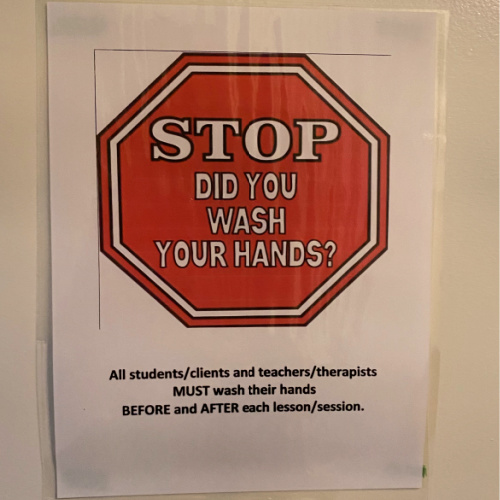
PPE:
All our teachers/therapists are required to wear a mask during every lesson/session. We strongly encourage students/clients to wear masks as well, but in some circumstances this is not possible. If this is the case, our teachers/therapists wear face shields in addition to masks for everyone’s protection.
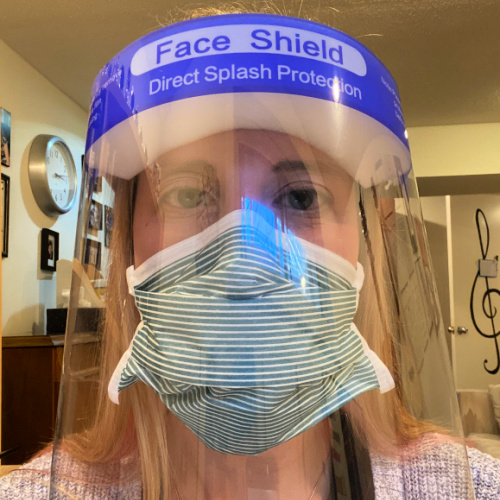
Cleaning, cleaning, cleaning!
In each studio and in the bathroom, you will find a litany of cleaning supplies used before and after each lesson/session, as well as during lessons/sessions to make sure that any used instruments and/or supplies, frequently touched surfaces, etc. are cleaned and disinfected promptly.

Checklists
If you are visiting the studio, you will see checklists around the entire space: entryway, stairwell, hallway, treble clef studio, bass clef studio, bathroom, and waiting room. There are checklists for all the possible items, surfaces, etc. that could be touched in each area, and students/clients and their families can see when everything was last cleaned.
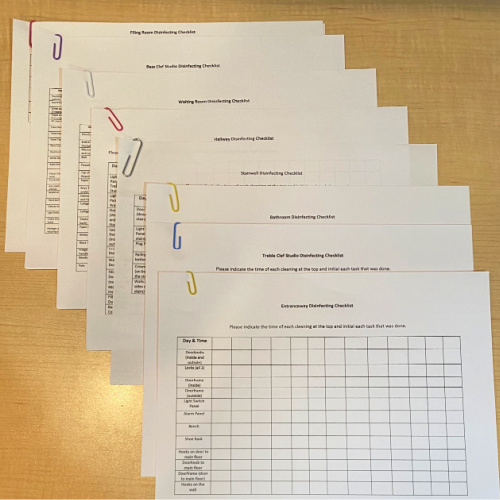
Studio safety
Our studio is definitely quieter these days! We are allowing students/clients in one at a time (with some exception to siblings), typically with an accompanying adult waiting outside. We are starting to implement staggered start and end times as well. The waiting room is no longer a hub for coffee, snacks, toys, games, or a place to “hang out” while lessons/sessions are being conducted.
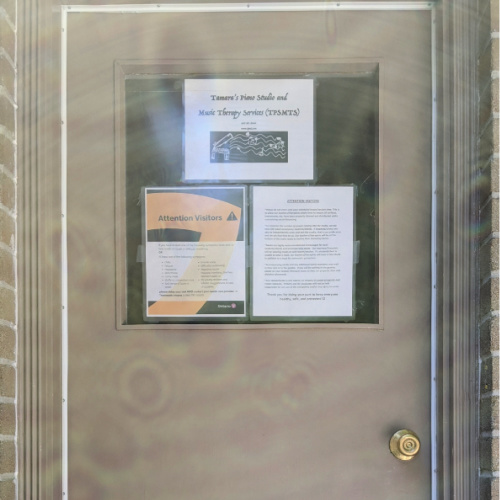
At all times, we respect the varying comfort levels of each student/client and their families. Telehealth (online) lessons/sessions continue to be available for families who prefer this platform, and/or for families to utilize until they are comfortable resuming in-person lessons/sessions.
Though this “new normal” has brought a lot of changes to how we run our day to day operations, there is no question that our teachers/therapists and students/clients alike have been so happy to start seeing each other in-person again!
As further restrictions begin to ease, we look forward to continue resuming in-person lessons/sessions with all our students/clients as the summer goes on, and into the new school year!
As always, we wish everyone continued health and safety amidst these extraordinary times!

